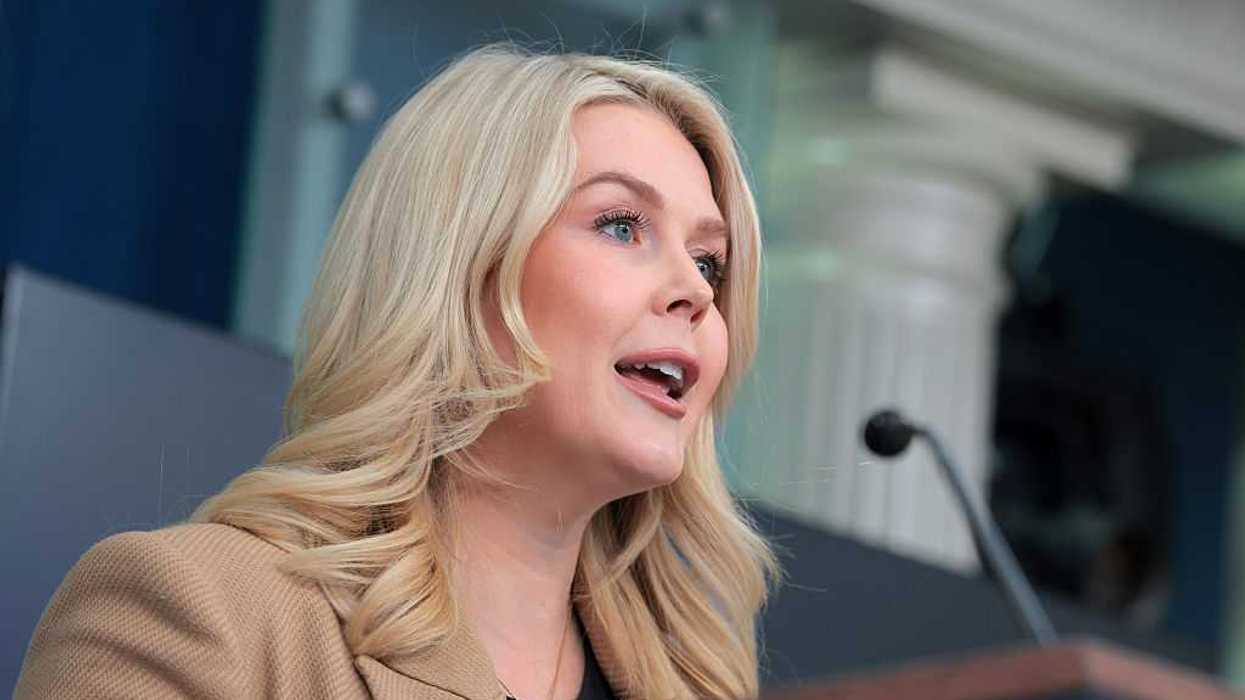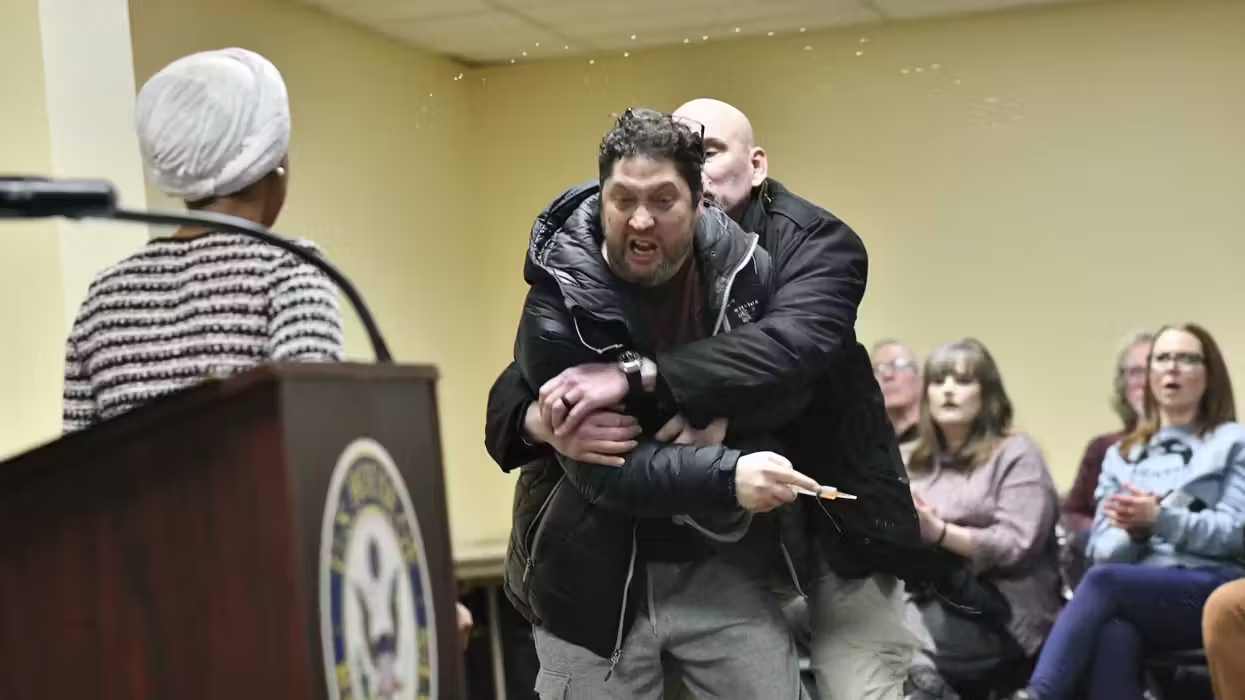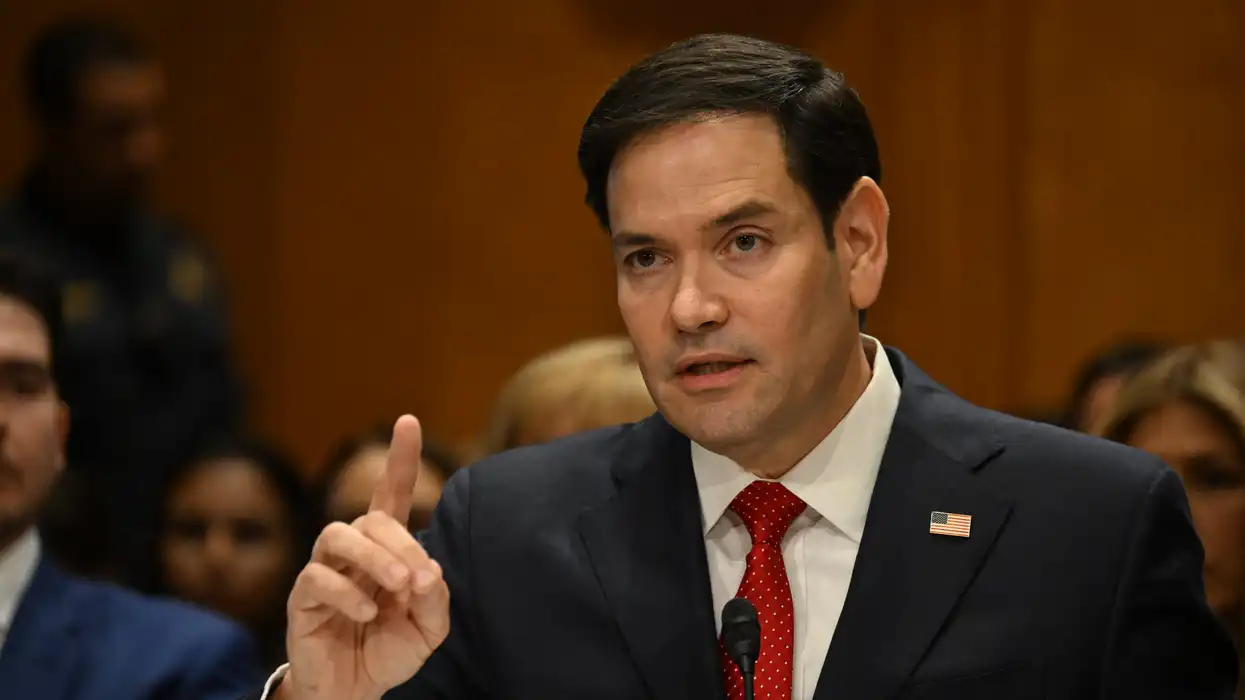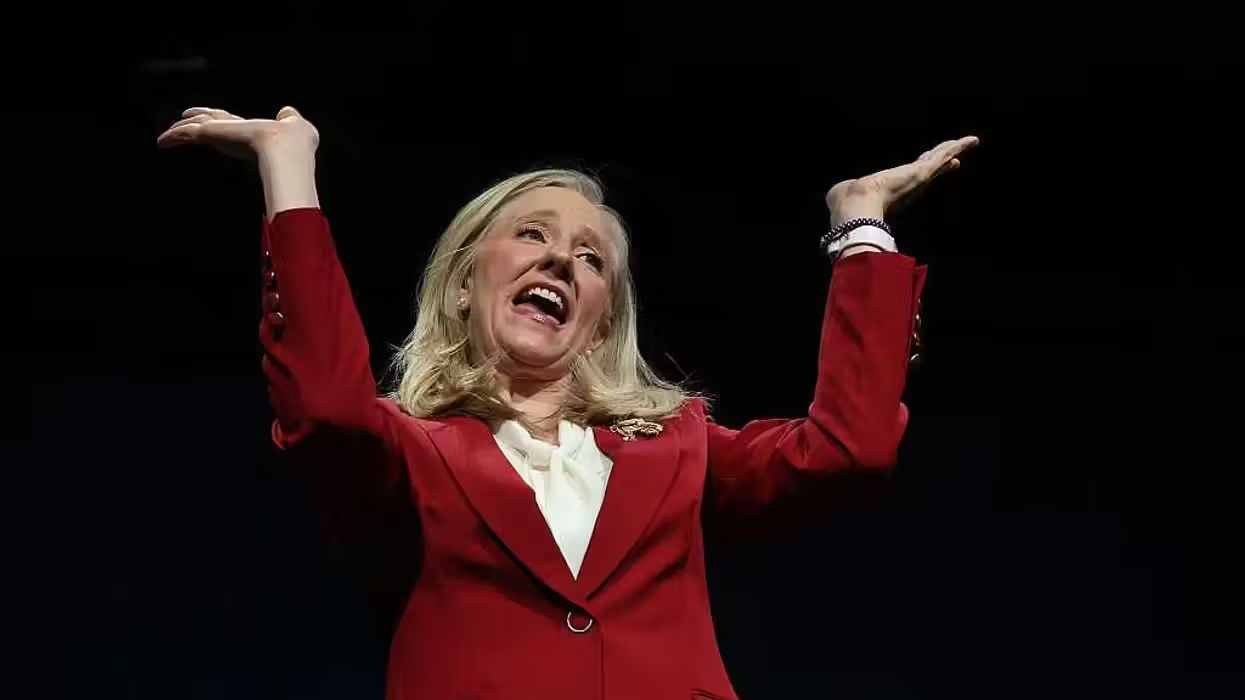
© 2026 Blaze Media LLC. All rights reserved.
I get a lot of feedback these days from frantic patriots wondering what can be done to stop the unprecedented erosion of our God-given rights and constitutional liberties. However, with all due respect to my fellow freedom fighters out there, the question is not what, but who?
Fortune favors the bold. Every war in human history has eventually been won by the side that most believed in the moral superiority of its cause. If we become the generation that loses American exceptionalism on our watch, we will have no one to blame but ourselves. We are not victims of a superior opponent or ideology. We are victims of our own complacency.
There never was any hope in the political class, for faith in the political class is what got us into this mess in the first place. Just because someone takes an oath of office doesn’t mean they’re suddenly free of the frailties of the human condition that bedevil the rest of us. Quite the contrary; the kind of temptation omnipresent from all that media, money, and power only exacerbates the weakness inherent in our species.
That fallibility is why we want a limited government. History has shown it’s problematic enough asking government to do the few things God intended it to do, let alone all the things He did not. Unfortunately, we trusted politicians to cure poverty, illiteracy, the family, and health care. Now all of these societal problems are worse off than they were before Washington got involved.
By waiting on politicians to lead the way, we evolved from a “government by the consent of the governed” to the inmates running the asylum.
Because there is no system we can devise that can constrain unrestrained human nature, our founding fathers rightly put their faith in the people more than the system. Now, at first blush, that seems counter-intuitive, doesn’t it? If human nature is not basically good, why put your faith in people? The answer is you put your faith in people precisely because human nature is not basically good.
For example, acknowledging the reality that human nature is driven primarily by self-interest spurred us to create a meritocracy based on competition to encourage accountability and achievement. By rewarding merit, we incentivized human nature to be meritorious. Without those incentives, not so much.
The founding fathers didn’t trust government, which is why the Constitution was written to restrain government and not the people. They didn’t trust legislators, executives, or judges. That’s why they pitted these branches against one another with checks and balances. They didn’t trust consolidated power, so they created layers of government at the state and local level to have a voice as well. And when every layer of government won’t listen to the voice of the people, they gave us First Amendment protections that allow us still to speak truth to power.
Despite what you’ve heard, nothing has fundamentally changed in America except for one thing — us.
What the founding fathers could not account for is that we as a people would become so complacent, we would voluntarily give up our authority over the system with nary a shot fired. On this current course, ours threatens to become the first-ever voluntary banana republic in world history. Usually wannabe despots need to strike fear into the people and make an example of their enemies to prompt compliance with their unlawful and immoral edicts.
But that’s not the case with us.
Like lemmings, we follow them right over the cliff and then get mad at the people who tried to save us from going overboard. We have become so dumbed down and complacent we have gone from “In God We Trust” to the Walking Dead.
Yet one word can still save us — “no.”
The great reformers in human history — the Apostles, Gandhi, and Martin Luther King, Jr. (just to name a few) — all had something in common. They radically transformed their cultures by refusing to comply with the status quo. When the state demanded allegiance to itself above individual conscience or God, each of them said “no” in reply. And their “NOs” turned out to be the culture-war equivalent of weapons of mass destruction.
Any of us can follow in their footsteps. For example, a humble seamstress named Rosa Parks sparked the civil rights movement by simply saying “no” one day on an Alabama bus. As we gather together this Independence Day weekend, look around and ask yourself who might be willing to do the same if needed.
And then ask yourself if that person might be you.
Want to leave a tip?
We answer to you. Help keep our content free of advertisers and big tech censorship by leaving a tip today.
Want to join the conversation?
Already a subscriber?
BlazeTV Host
Steve Deace is the host of the “Steve Deace Show” and a columnist for Blaze News.
SteveDeaceShow
Steve Deace
BlazeTV Host
Steve Deace is the host of the “Steve Deace Show” and a columnist for Blaze News.
@SteveDeaceShow →more stories
Sign up for the Blaze newsletter
By signing up, you agree to our Privacy Policy and Terms of Use, and agree to receive content that may sometimes include advertisements. You may opt out at any time.
Related Content
© 2026 Blaze Media LLC. All rights reserved.
Get the stories that matter most delivered directly to your inbox.
By signing up, you agree to our Privacy Policy and Terms of Use, and agree to receive content that may sometimes include advertisements. You may opt out at any time.






